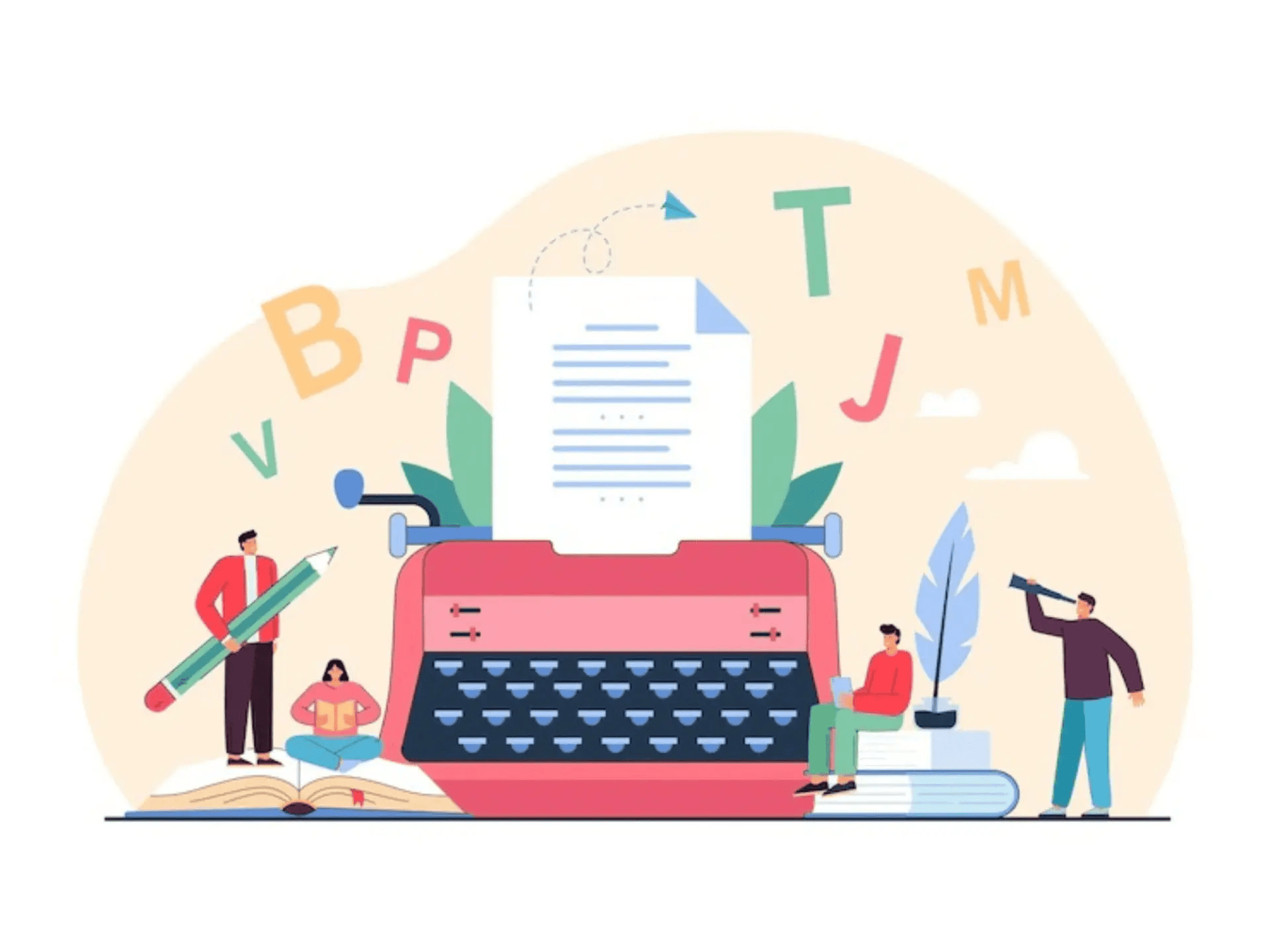13 Must-Know Idioms to Elevate Your Language Skills
Have you ever felt like your German, while grammatically correct, lacks that special spark that makes you sound truly authentic? It’s frustrating, isn’t it? You’ve put in countless hours studying vocabulary and mastering complex grammar rules, but you still feel like you’re missing that cultural je ne sais quoi.
When it comes to learning a language, it is one thing to learn the grammar and words though so much can be lost in translation without proper context. Idioms can make little sense taken at face value, though can have deep cultural connotations. They might have some historical significance or could be a pop culture reference. It could be specific to a region or common across the language. For example, in the UK, you might hear and Bobs your uncle to conclude a story and convey a simple process. In the US, unless they have had exposure to more UK culture, chances are they won’t know what you’re talking about.
Let’s dive into some popular German idioms, their meanings, and their English equivalents. We’ll also provide some context on how they’re used in everyday conversation.
Comment with your favourite Redewendungen
Charming Indifference
“Das ist mir Wurst.” (That’s sausage to me!)
- Meaning: I don’t care.
- English Equivalent: “six of one, half a dozen of the other”
- Usage: This idiom is perfect for situations where you want to express indifference about a decision or outcome, like when your friend asks if you prefer pizza or pasta for dinner.
“Das ist nicht mein Bier.” (That is not my beer.)
- Meaning: That’s not my problem or responsibility.
- English Equivalent: “Not my circus, not my monkeys.”
- Usage: Use this idiom to distance yourself from a problematic situation or to indicate that something is not your concern, like when your colleagues are arguing about a project you’re not involved in.

Idiomatic Disbelief
“Ich glaube, mein Schwein pfeift.” (I think my pig whistles!)
- Meaning: I can’t believe it!
- English Equivalent: “When pigs fly!”
- Usage: Use this idiom to express disbelief or surprise at something that seems highly unlikely or impossible, like when your friend tells you they won the lottery.
“Nur Bahnhof verstehen.” (To only understand train station.)
- Meaning: To be completely clueless.
- English Equivalent: “It’s all Greek to me.”
- Usage: This idiom is perfect for moments when you’re totally lost or confused about a topic or situation, like when your tech-savvy friend starts talking about coding languages.
Everyday Expressions
“Zwei Fliegen mit einer Klappe schlagen.” (To hit two flies with one swat.)
- Meaning: To accomplish two things at once.
- English Equivalent: “To kill two birds with one stone.”
- Usage: You might use this idiom when you manage to complete two tasks with a single action, like picking up groceries on your way home from work.
“Jemandem die Daumen drücken.” (To press one’s thumbs for someone.)
- Meaning: To wish someone good luck.
- English Equivalent: “To keep one’s fingers crossed” (general use); “Break a leg!” (in performance contexts)
- Usage: Say this idiom to someone who’s about to face a challenge or important event, like a job interview or a big exam.
“Fix und fertig sein.” (To be quick and ready.)
- Meaning: To be exhausted or worn out.
- English Equivalent: “To be done in.”
- Usage: This idiom is great for expressing that you’re completely drained or exhausted, like after a long day of work or a tough workout.
“Etwas wie seine Westentasche kennen.” (To know something like one’s vest pocket.)
- Meaning: To know something inside out.
- English Equivalent: “To know something like the back of one’s hand.”
- Usage: Use this idiom to express that you’re very familiar with a topic or place, like your hometown or your favorite book.
“Tomaten auf den Augen haben.” (To have tomatoes on your eyes.)
- Meaning: To be unable or unwilling to see the truth or reality of a situation.
- English Equivalent: “To have blinders on.” “To be unable to see the forest for the trees”
- Usage: You might use this idiom when someone is so focused on their own perspective that they fail to see other important aspects of a situation, like when a friend refuses to acknowledge the flaws in their new partner.
Fun and Festive
“Auf Wolke sieben sein.” (To be on cloud seven.)
- Meaning: To be blissfully happy.
- English Equivalent: “To be on cloud nine.”
- Usage: This idiom is perfect for describing a state of euphoria or extreme happiness, like when you’re newly in love or just got a big promotion.
“Da steppt der Bär!” (There the bear dances!)
- Meaning: It’s going to be a lot of fun or a real exciting time.
- English Equivalent: “It’s going to be a blast!”
- Usage: Use this idiom to express anticipation for a fun, lively event or experience, like a party or concert you’re really looking forward to.
Quirky Descriptions
“Nicht alle Tassen im Schrank haben.” (To not have all the cups in the cupboard.)
- Meaning: To be crazy or not all there.
- English Equivalent: “To be a few cards short of a full deck.” “To get under someone’s skin.” “To rub someone the wrong way.”
- Usage: You might use this idiom to describe someone who’s acting oddly or seems mentally unstable, but be careful not to offend!
“Jemandem auf den Wecker gehen.” (To go on someone’s alarm clock.)
- Meaning: To get on someone’s nerves or annoy them.
- English Equivalent: “To drive someone up the wall.”
- Usage: This idiom is perfect for describing someone or something that really irritates you, like a neighbor’s loud music or a coworker’s constant complaining.
Why is mastering idioms so crucial? For one, they add emotional depth and cultural context to your language that goes beyond literal meaning. Using idioms demonstrates an insider understanding of the German psyche and way of life. It proves you’ve gone the extra mile to absorb not just words but cultural nuance.
Moreover, peppering your speech with idioms makes you sound more like a native German speaker. It adds personality, charm, and wit to your communication. Idioms create a bridge to connect with others through shared cultural touchstones and experiences.
When you’re ready to elevate your German with these expressive idioms, Latogo’s expert teachers are here to guide you on your schedule. Our flexible, one-on-one lessons allow you to practice your newfound idiomatic prowess in a supportive environment.






